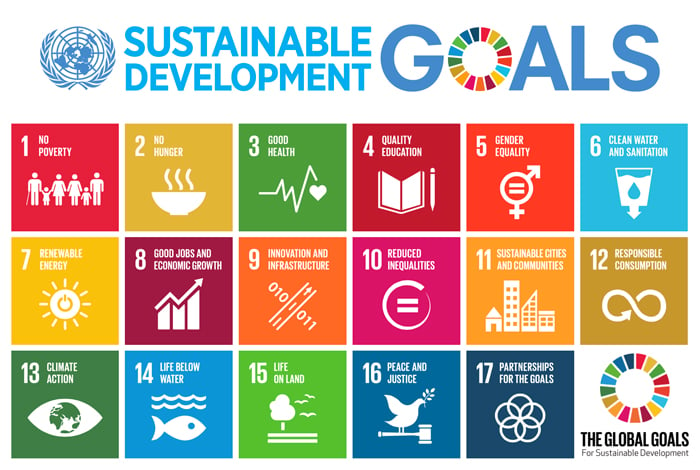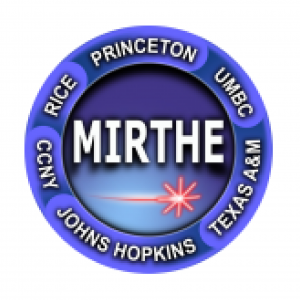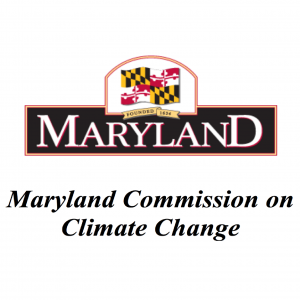 UMBC offers many courses, in many disciplines, that engage students on topics such as: climate change, sustainability and consumption, energy, carbon cycling, and environmental policy. Many faculty members have research interests related to environmental and sustainability topics that our students want to study. This allows students various opportunities to collaborate with faculty on research projects.
UMBC offers many courses, in many disciplines, that engage students on topics such as: climate change, sustainability and consumption, energy, carbon cycling, and environmental policy. Many faculty members have research interests related to environmental and sustainability topics that our students want to study. This allows students various opportunities to collaborate with faculty on research projects.
Sustainable Course Inventory
Sustainability courses provide an introduction, or a comprehensive exploration, of the concepts and principles of sustainability. Institutions that integrate sustainability concepts throughout the curriculum prepare students to apply sustainability principles in their professional fields. Having sustainability courses and content offered by numerous departments helps ensure that the institution’s approach to sustainability education is comprehensive and includes diverse topics. This helps students develop a broad understanding of the field. Likewise, offering sustainability course content in numerous departments can increase student exposure to sustainability topics and themes. As part of UMBC’s sustainability efforts and participation in AASHE STARS, the university conducts regular surveys of the courses (and research) to better understand how sustainability fits into UMBC’s pedagogy. Additionally, UMBC’s Sustainability Office and Climate Action Steering Committee are working to integrate the United Nation’s Sustainable Development Goals (SDGs) into our projects, programs, and engagements.

Methodology
Research
Sustainable Research Inventory
UMBC is one of the fastest growing research universities in the nation. The institution has a long history of innovative and groundbreaking sustainability research. This includes establishing multiple research centers ranging in the development of sensor technology to monitor air pollution to long-term regional ecosystem study.
UMBC’s NASA funded centers:
- Joint Centers for Earth Systems Technology
- Joint Center for Astrophysics
- Goddard Earth Systems and Technology Center
- Center for Research and Exploration in Space Science and Technology
The only other U.S. universities producing more frequently cited geoscience research papers were Harvard University and the Georgia Institute of Technology.
UMBC and IBM collaborated to create The Multicore Computing Center (MC2)
MC2 is a unique facility on campus that focuses on supercomputing research related to aerospace/defense, financial services, medical imaging, and weather/climate change prediction. IBM awarded UMBC a significant gift to support the development of this new center, which researchers describe as an “orchestra” of one of the world’s most powerful supercomputing chips.
UMBC is part of multimillion-dollar National Science Foundation (NSF) Engineering Research Center based at Princeton University.
The goal of the center – named MIRTHE (Mid-Infrared Technologies for Health and the Environment) is to produce devices that are so low in cost and easy to use that they transform the way physicians monitor patients, states track air quality, governments guard against terror attacks and scientists understand the evolution of greenhouse gases in the atmosphere.
The award places UMBC among the most visible universities carrying out high-level research and doctoral training in urban environmental issues.
U.S. Geological Survey’s Maryland-Delaware-Washington, D.C. Water Science Center at bwtech@UMBC, the University’s on-campus research and technology park.
The USGS center employs over 60 scientists and support staff, who work collaboratively with UMBC and U.S. Forest Service scientists who monitor the ecosystems of the Chesapeake Bay watershed and the health of the region’s water supply, rivers, and streams.
UMBC is a charter principal institution in the Baltimore Ecosystem Study, one of 24 research programs established by the National Science Foundation to study ecological systems over long time periods.
Three UMBC faculty members serve on the Maryland Commission on Climate Change:
- Raymond Hoff, professor of Physics
- Andrew Miller, associate professor of Geography and Environmental Systems
- Claire Welty, director, Center for Urban Environmental Research and Education







